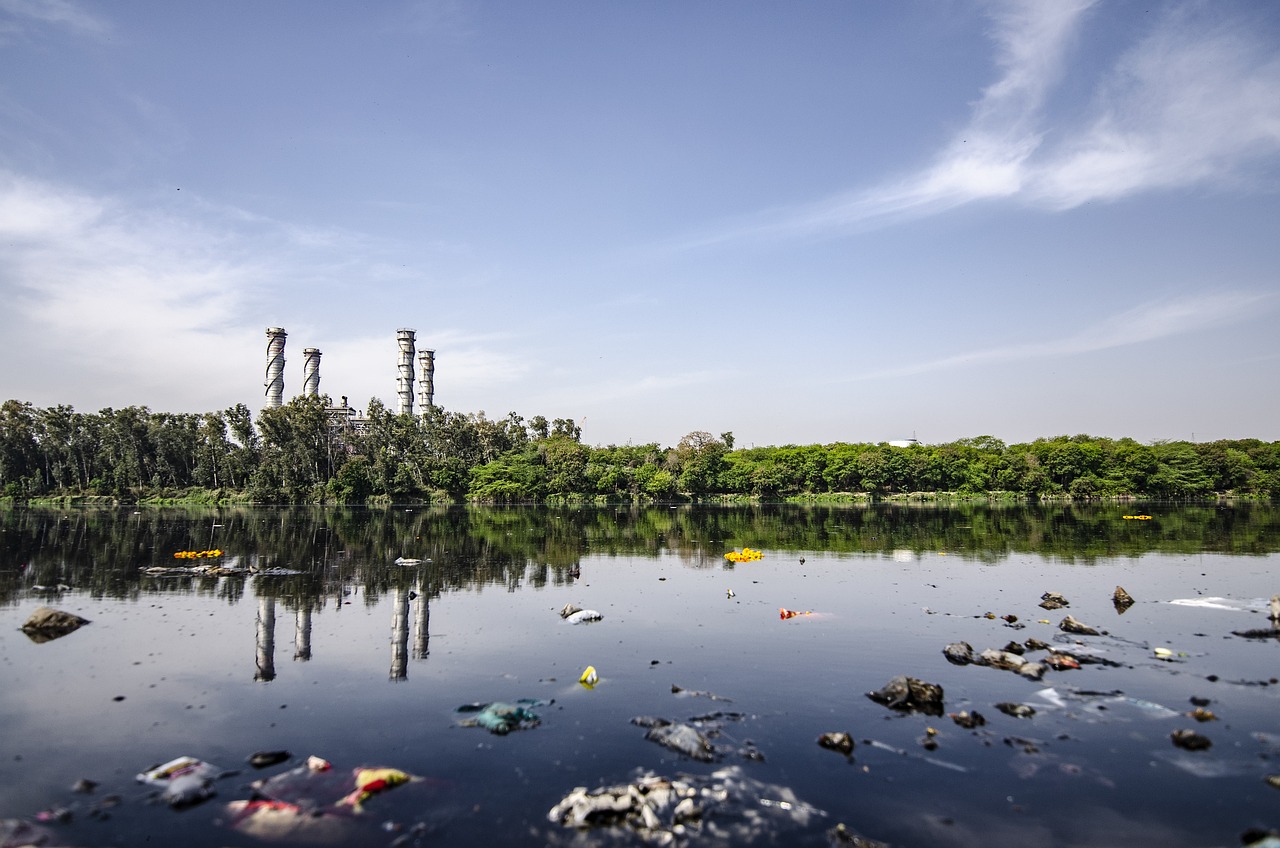Camp Lejune Water Contamination Lawsuit

The contamination of Camp Lejeune's water supply stands as a highly significant environmental catastrophe in American history. Between the 1950s and 1980s, two wells containing hazardous industrial chemicals polluted the water source used by more than 800,000 Marines, their families, and civilian employees stationed at the military base.
Numerous Marines and their families have experienced a multitude of severe health consequences, including but not limited to bladder and kidney cancer, female infertility, leukemia, and other debilitating conditions.
President Biden took action on August 10 by signing the Honoring our PACT Act of 2022. This act provides an opportunity for veterans and other affected individuals to pursue justice and receive compensation for the harm caused by the contaminated water at Camp Lejeune in North Carolina.
It is crucial to comprehend your legal entitlements and choices if you or a loved one were deployed at Camp Lejeune during the period from 1957 to 1987.
Under the law, anyone who “resided, worked, or was otherwise exposed” to Camp Lejeune drinking water for 30 days or more between August 1, 1953, and December 31, 1987, may be eligible to file a damages claim. This group includes:
Yes. Under the Camp Lejeune Justice Act, a relative or legal representative can file a claim on behalf of a person, living or deceased, who was exposed to the contaminated water during the specified period. These representatives may include the exposed individual’s parent, child, spouse, or sibling.
The Agency for Toxic Substances and Disease Registry (ATSDR), a federal public health agency, evaluated the scientific and medical evidence linking Camp Lejeune’s water contamination to various health conditions.
The report and subsequent scientific studies identified more than three dozen diseases linked to chemicals in the camp’s drinking water prompting the camp lejeune toxic water lawsuit. The report and subsequent scientific studies identified more than three dozen diseases linked to chemicals in the camp’s drinking water prompting the camp lejeune toxic water lawsuit.
Cancers linked to Camp Lejeune water contamination:
Contact us to see if you qualify for a camp lejeune cancer lawsuit.
Birth defects and reproductive health conditions linked to Camp Lejeune water contamination:
Other diseases and conditions linked to Camp Lejeune water contamination:
VA Disability Benefits vs. Camp Lejeune Lawsuit Damages: What’s the difference?
Following the Camp Lejeune Families Act of 2012, the Department of Veterans Affairs (VA) has provided health care benefits to veterans and their family members stationed at Camp Lejeune between 1953 and 1987 who suffer from any of these 15 health conditions:
Setting aside the VA’s notorious “deny until they die” approach to rejecting veteran’s disability claims under the 2012 law, the health care benefits available through the VA are not the same as filing a lawsuit and receiving compensation for your injuries. VA disability benefits only cover the cost of health care related to the qualifying condition. They do not compensate for pain and suffering, lost wages, or other damages.
In contrast, filing a successful Camp Lejeune lawsuit is the only way to receive compensation for those damages. Because each case is unique, it’s essential to speak with an experienced lawyer to get an accurate assessment of the payment you may be eligible to receive.
Yes. You can file a Camp Lejeune lawsuit even if you have already received VA disability compensation. Under the Camp Lejeune Justice Act of 2022, any damage awards you may receive from a successful lawsuit will be offset by the cost of benefits received from the VA. For example, if you receive a $100,000 settlement from your suit and you’ve already received $50,000 in VA disability benefits—your total award would be $50,000.
Your compensation will depend on a couple of factors related to your individual case, the entire class action group, and other political considerations.
Individual Case Factors The first set of factors will hinge on the strength of your particular case. These factors include:
Yes. There is a limited timeline to file your Camp Lejeune water contamination lawsuit—so it’s critical to act quickly. Litigants must file their claims within two years from the final passage of the Camp Lejeune Justice Act.
We work on a contingency fee basis. That means our Camp Lejeune lawyers only get paid if we recover compensation for you. There are no upfront costs or hourly rates, and you only pay us a percentage of the settlement recovered in your case. There is no financial risk to working with us.